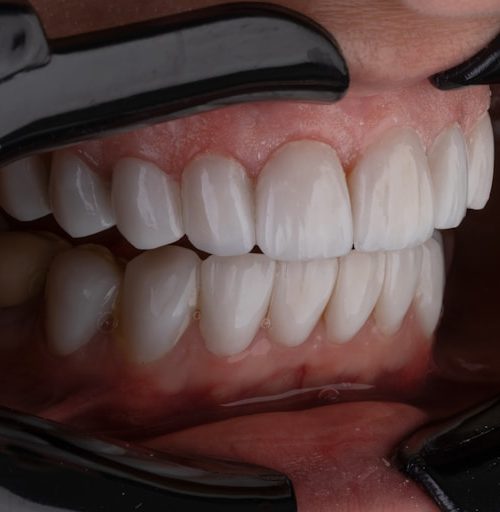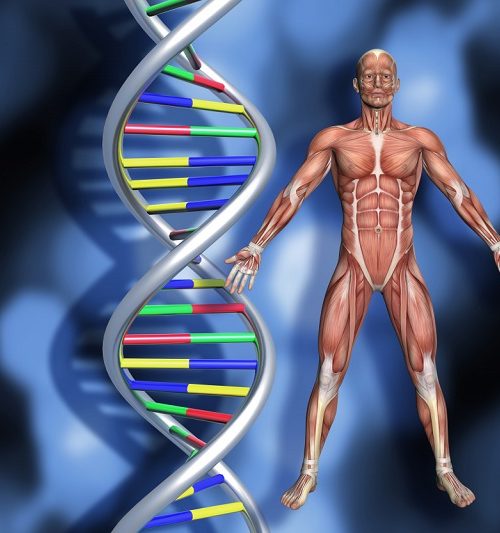Thyroid cancer is a relatively rare but often treatable form of cancer that impacts the thyroid gland, a tiny, butterfly-shaped structure situated at the lower part of the neck. It’s crucial to understand that there are different types of thyroid cancer, each with its unique characteristics and treatment approaches, especially oncology hospital in Hyderabad. In this comprehensive guide, you’ll delve into the various types of thyroid cancer, their characteristics, and how they can be compared. If you or a loved one has been diagnosed with thyroid cancer, this article aims to provide valuable insights to understand better and navigate this condition.
Introduction to Thyroid Cancer
Thyroid cancer is a malignancy that occurs in the cells of the thyroid gland. The thyroid gland generates hormones responsible for controlling metabolism, making it a crucial part of the endocrine system. When abnormal cells in the thyroid gland start to grow uncontrollably, they can form tumors, which may be cancerous (malignant) or noncancerous (benign).
While thyroid cancer is less common than many other forms of cancer, its prevalence has been progressively rising in recent times. Thankfully, a large portion of thyroid cancer cases are eminently manageable, and the prognosis is generally favorable, especially when diagnosed early.
Read more: Cancer Treatment Methods
Understanding the Different Types of Thyroid Cancer
1. Papillary Thyroid Cancer (PTC): Papillary thyroid cancer is the most common type, accounting for about 80% of all thyroid cancer cases. It typically starts in the follicular cells of the thyroid gland and often grows slowly. PTC is known for its excellent prognosis, with a high likelihood of successful treatment, even in cases of spread to nearby lymph nodes.
2. Follicular Thyroid Cancer (FTC): Follicular thyroid cancer makes up approximately 15% of thyroid cancer cases. It begins in the thyroid gland’s follicular cells and, like PTC, tends to grow relatively slowly. Although it has a slightly lower survival rate than PTC, FTC can still be effectively treated with surgery and, in some cases, radioactive iodine therapy.
3. Medullary Thyroid Cancer (MTC): Medullary thyroid cancer is rarer, accounting for about 3-5% of thyroid cancer diagnoses. It arises from the parafollicular thyroid gland cells and tends to be more aggressive than PTC or FTC. A key characteristic of MTC is its association with multiple endocrine neoplasia syndromes (MEN), which may necessitate genetic testing and early intervention for affected individuals.
4. Anaplastic Thyroid Cancer (ATC): Anaplastic thyroid cancer is the most aggressive and least common form, representing only 1-2% of thyroid cancer cases. It often develops from preexisting papillary or follicular thyroid cancers that have become more aggressive. ATC has a poor prognosis due to its rapid growth and limited treatment options.
5. Thyroid Lymphoma: Thyroid lymphoma is extremely rare and arises from the lymphocytes within the thyroid gland. It constitutes a fraction of 1% of thyroid malignancies. This type of thyroid cancer is typically treated with chemotherapy and radiation therapy.
Related: How Does a Doctor Help the Community?
Comparing Thyroid Cancer Types
When comparing different types of thyroid cancer, several factors come into play:
1. Aggressiveness: As mentioned earlier, thyroid cancers vary in their aggressiveness. While PTC and FTC are often slow-growing and have favorable outcomes, MTC and ATC tend to be more aggressive and challenging to treat.
2. Prognosis: Each type of thyroid cancer carries a different prognosis. PTC and FTC generally have high survival rates, especially when detected early. Conversely, MTC and ATC have a less favorable prognosis due to their aggressive nature.
3. Treatment Approaches: The treatment approach for thyroid cancer depends on its type and stage. Surgery is a common treatment for most types, while radioactive iodine therapy may be used in some cases. MTC and ATC may require more aggressive treatments, such as chemotherapy and radiation therapy.
4. Risk Factors: Understanding the risk factors associated with each type of thyroid cancer is crucial. PTC is often linked to radiation exposure, while FTC is more common in regions with iodine deficiency. MTC has a hereditary component, and ATC is usually not associated with any specific risk factors.
Current Advances in Thyroid Cancer Research
In recent years, there have been significant advances in thyroid cancer research, offering hope for improved diagnosis and treatment options. Here are some noteworthy developments:
Molecular Profiling: Molecular profiling is one of the most promising advancements in thyroid cancer. This involves analyzing the genetic makeup of tumor cells to identify specific mutations or alterations. Molecular profiling helps determine the aggressiveness of the cancer and provides valuable information for targeted therapies like oncology hospital in Hyderabad.
Immunotherapy: Immunotherapy, a groundbreaking treatment approach, is being explored for advanced cases of thyroid cancer. It harnesses the body’s immune system to recognize and attack cancer cells. Early clinical trials have shown promising results, offering new hope for patients with aggressive forms of thyroid cancer.
Precision Medicine: Precision medicine tailors treatment plans to the individual characteristics of each patient’s cancer. Through precision medicine, oncologists can select therapies that are more likely to be effective based on a patient’s unique genetic markers. This approach minimizes the use of treatments with potential side effects and maximizes their benefits.
Liquid Biopsies: Liquid biopsies are emerging as a less invasive alternative to traditional tissue biopsies. They involve analyzing blood samples for circulating tumor DNA, RNA, and other markers. Liquid biopsies can provide real-time information about the status of the cancer and its response to treatment, allowing for timely adjustments to the therapy.
Radiation Therapy Innovations
Radiation therapy has long been a cornerstone of thyroid cancer treatment, particularly for patients with aggressive or recurrent disease. Recent advances in radiation therapy techniques, such as intensity-modulated radiation therapy (IMRT) and proton therapy, allow for more precise targeting of cancer cells while minimizing damage to surrounding healthy tissue.
These innovations in radiation therapy are not only improving the effectiveness of treatment but also reducing the risk of long-term side effects, such as damage to the salivary glands and voice box.
Patient-Centered Research:
In addition to developing new treatments, thyroid cancer research is increasingly focusing on improving the quality of life for patients. This includes studying the physical and emotional impact of thyroid cancer and its treatments, as well as developing support programs and resources for patients and their families.
Conclusion
In summary, thyroid cancer is a complex condition with various types, each requiring a tailored approach to diagnosis and treatment. Being informed about the different types of thyroid cancer, their characteristics, and associated risk factors is essential for patients and healthcare providers. Suppose you or someone you know is facing a thyroid cancer diagnosis. In that case, consulting with an oncology hospital in Hyderabad or a specialist in your area is crucial for personalized care and effective management of the condition. With early detection and appropriate treatment, many individuals with thyroid cancer can lead healthy and fulfilling lives.






